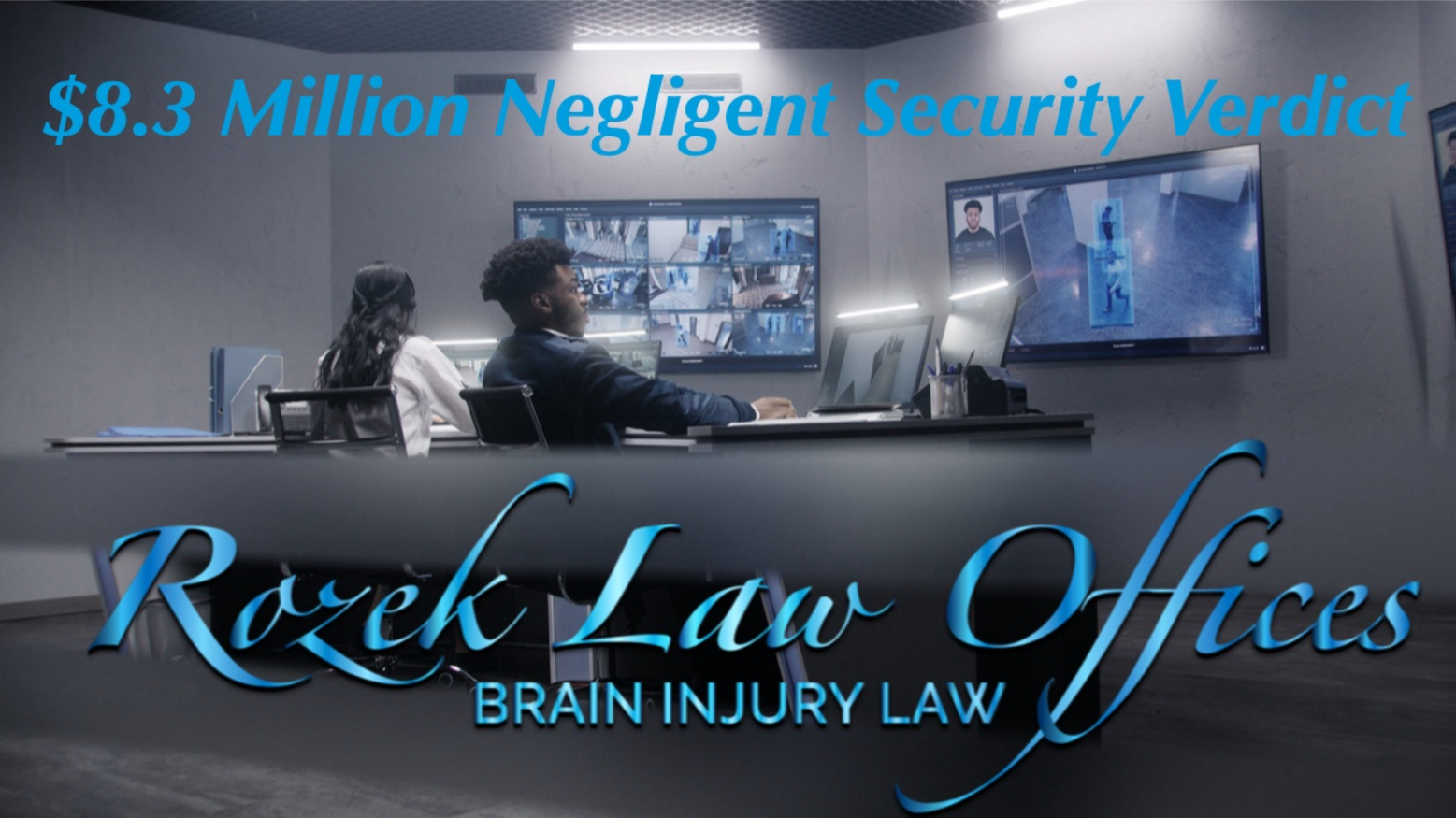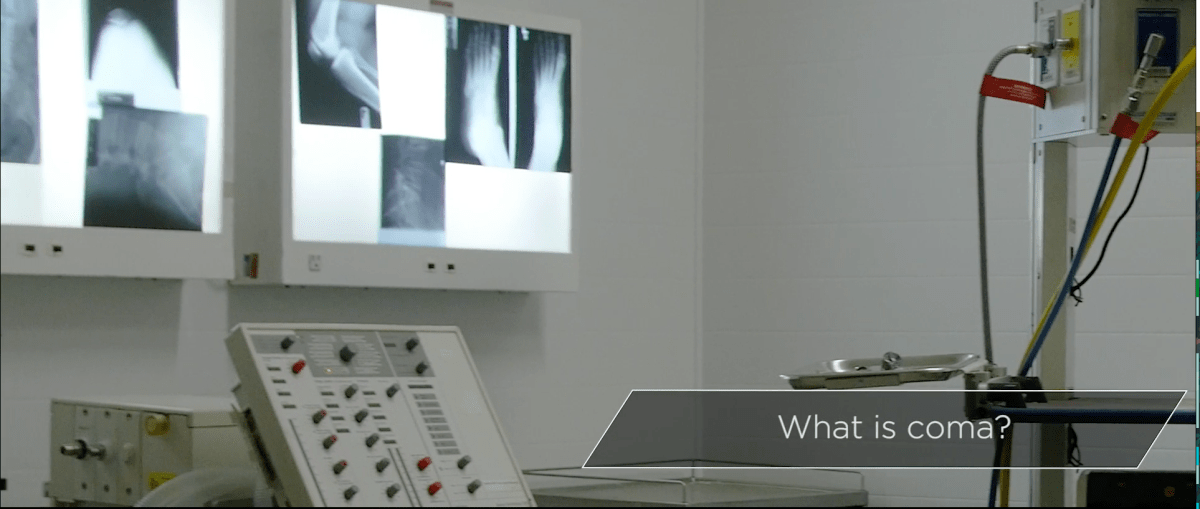Researchers study depression in brain injury patients
Researchers have conducted brain scans on soldiers with brain injuries in an attempt to tackle the issue of depression.
According to an article posted on the Pantagraph website, disruption of certain brain circuits may be related to depression in soldiers with brain injuries.
“The researchers conducted brain scans on 130 male soldiers who suffered mild traumatic brain injury and a control group of 52 men without brain trauma,” the article reads. “The scans revealed that brain-injured soldiers with moderate to severe depression had disruptions in the circuits that connect brain regions that play important roles in thinking and emotional control.”
The study was to be presented last Tuesday at the Radiological Society of North America (RSNA) annual meeting, in Chicago.
“We can link these connectivity changes in the brain to poor top-down emotional processing and greater maladaptive rumination, or worrying, in symptomatic depressed soldiers after [mild traumatic brain injury ],” study author Ping-Hong Yeh said in a RSNA news release. Yeh is a physicist at the U.S. National Intrepid Center of Excellence at Walter Reed National Military Medical Center in Bethesda, Md.
“Though the results of this study were not applied directly to patient care, the neuroimaging changes we found might be incorporated into treatment plans for personalized medicine in the future,” Yeh said.
Traumatic brain injury is a significant health issue which affects service members and veterans during times of both peace and war. The high rate of TBI and blast-related concussion events resulting from current combat operations directly impacts the health and safety of individual service members and subsequently the level of unit readiness and troop retention, according to the Defense and Veterans Brain Injury Center. The impacts of TBI are felt within each branch of the service and throughout both the Department of Defense (DoD) and the Department of Veterans Affairs (VA) health care systems.
Nearly 353,000 U.S. service members worldwide have been diagnosed with a traumatic brain injury since 2000, and most of those have been mild. Mental health disorders such as anxiety and depression are becoming common in military personnel with brain injuries.
Until published in a peer-reviewed journal, research presented at meetings is considered preliminary.










Request Your Free eBook
Our office has provided information regarding the different types of Wisconsin Personal Injury Accidents that we have experience handling.
Wisconsin Accidents
Wisconsin Personal Injuries
Ready to get started?
Call us at 414-374-4444
Main Office Location
Rozek Law Offices, SC
3970 N Oakland Ave Ste 604
Milwaukee, Wisconsin 53211
Additional Client Meeting Location
Rozek Law Offices - Madison
2810 Crossroads Dr Ste 4046
Madison, Wisconsin 53718
Recent Blog Posts










